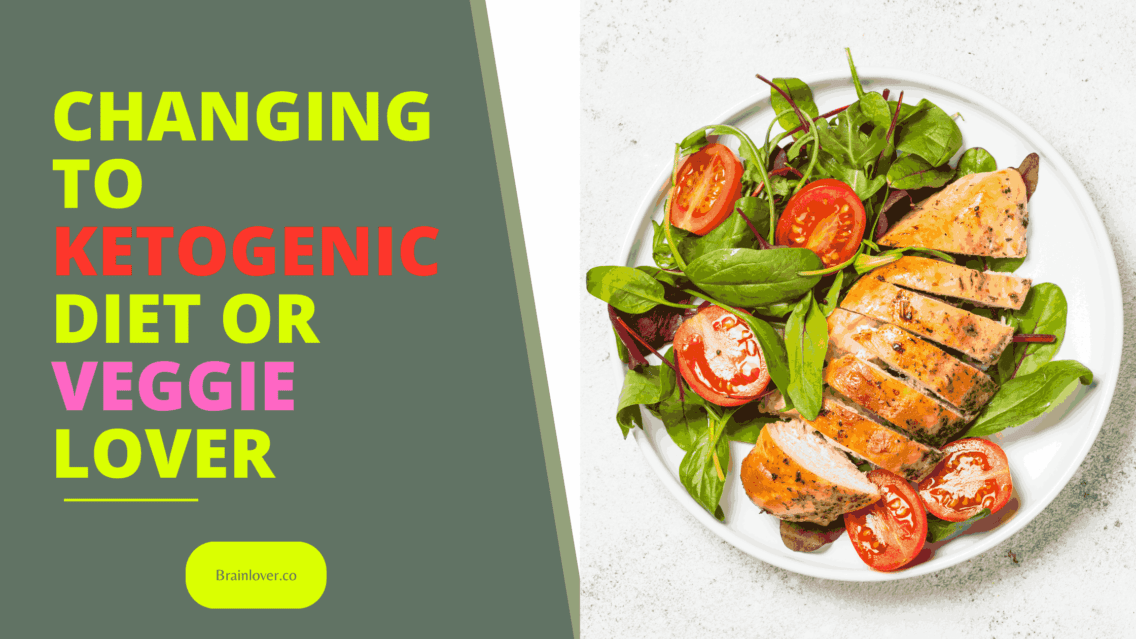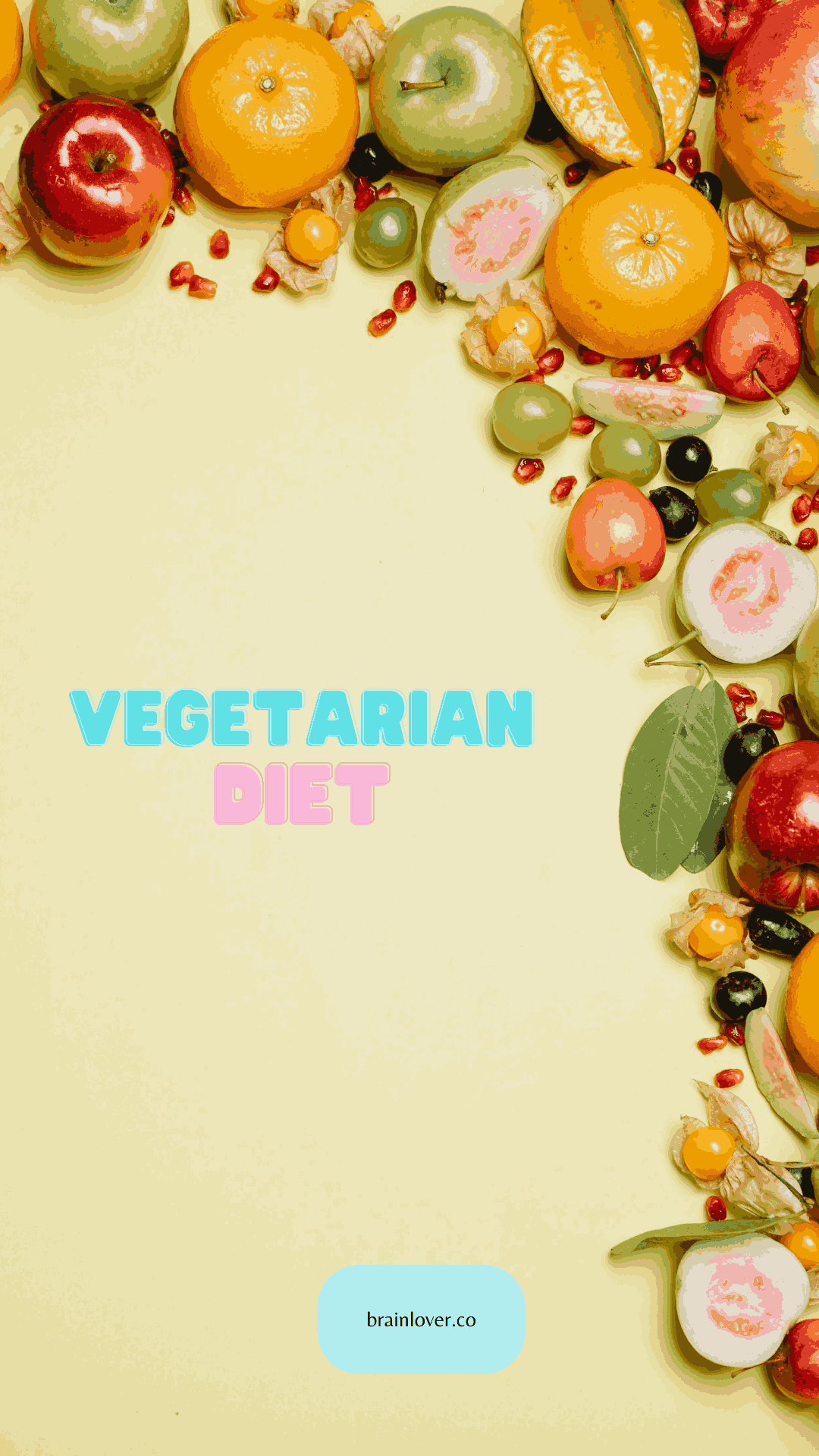Changing to ketogenic diet or veggie lover quickly influences an invulnerable framework

In a recent study by the National Institutes of Health (NIH), researchers at the Public Foundations of Wellbeing observed notable changes in the immune systems of individuals who transitioned to a vegetarian or ketogenic diet (keto).
The study tracked the biological responses of individuals consuming vegetarian and keto diets for an extended period in random order.
Results showed that the vegetarian diet stimulated responses to natural immunity, the body’s first defense against bacteria.

In contrast, the keto diet elicited responses associated with adaptive immunity, specific immunity built through life experiences and vaccination.
Changes in metabolism and alterations in the microbiome, or bacterial communities living in the gut, were also observed.
The study indicates that further research is necessary to determine whether these changes are beneficial or harmful and their impact on nutritional interventions for diseases such as cancer or inflammatory conditions.
Our understanding of how diets affect the human immune system and microbiome is limited. Nutritional interventions aimed at improving health are poorly understood, and few studies have directly compared the effects of more than one diet.
The keto diet is a low-carbohydrate, high-fat diet, while the vegetarian diet eliminates animal products and is typically high in fiber and low in fat.

The study was conducted by researchers from the NIH’s National Institute of Allergy and Infectious Diseases (NIAID) and National Institute of Diabetes and Digestive and Kidney Diseases (NIDDK) at the Metabolic Clinical Research Unit in the NIH Clinical Center.
The 20 participants were diverse in personality, race, gender, body mass index (BMI), and age.
Each individual consumed one diet (vegetarian or keto) ad libitum for several weeks, followed by another for a similar length.
Participants on the vegetarian diet, which contained approximately 10% fat and 75% carbohydrates, consumed fewer calories than those on the keto diet, which contained about 76% fat and 10% carbohydrates.
Blood, urine, and stool samples were collected for analysis throughout the study.
The effects of the diets were examined using a “multi-omics” approach that analyzed various datasets to assess the body’s biochemical, cellular, metabolic, and immune responses and changes to the microbiome.
Participants remained in the study for the entire duration, allowing for careful control of the dietary interventions.
Switching exclusively to the study diets caused significant changes in all participants.
Impact on Immune System Pathways
| Diet | Impact | Pathways |
|---|---|---|
| Vegetarian | Significantly impacted | Innate immune system, including antiviral responses |
| Keto | Significantly increased | Biochemical and cellular processes associated with adaptive immunity, T and B cell pathways |
Influence on Plasma Proteins and Tissue Pathways
| Diet | Influence | Proteins & Tissues |
|---|---|---|
| Vegetarian | Less influence | Fewer plasma proteins, more red blood cell-related pathways |
| Keto | Greater influence | More plasma proteins, a broader range of tissues |
The distinct metabolic and immune system changes resulting from the two diets were observed despite the variation among participants, indicating that dietary changes consistently affect comprehensive and interconnected pathways in the body.
Further study is needed to examine how these dietary interventions affect specific aspects of the immune system.
The unmistakable metabolic and resistant framework changes brought about by the two weight control plans were seen regardless of the variety of the members, which shows that dietary changes reliably influence far-reaching and interconnected pathways in the body.
More review is expected to inspect what these dietary mediations mean for explicit parts of the insusceptible framework.
According to the creators, this study’s effects exhibit that the invulnerable framework responds shockingly quickly to wholesome mediation.
The creators propose that it might be feasible to tailor diets to forestall infection or supplement illness therapies, for example, by easing back processes related to malignant growth or neurodegenerative issues.
Source: VM Link et al. Differential peripheral immune signatures elicited by vegan versus ketogenic diets in humans(link is external).









